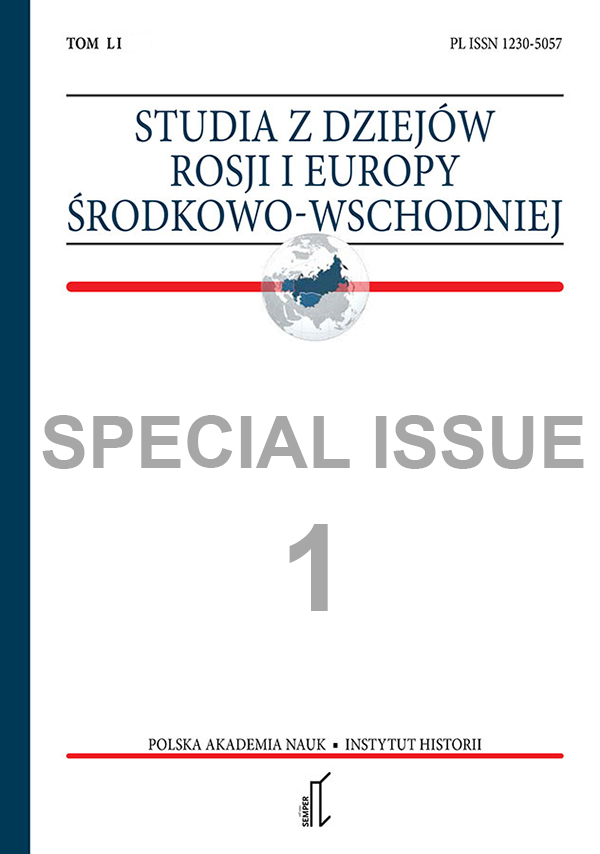Serbian political leadership: archetype and modernity
Serbian political leadership: archetype and modernity
Author(s): Mirosław DymarskiSubject(s): Diplomatic history, Political history, Recent History (1900 till today), Post-War period (1950 - 1989)
Published by: Instytut Historii im. Tadeusza Manteuffla Polskiej Akademii Nauk
Keywords: political leadership; Ottoman legacy; Balkans; Serbia; Serbian society; Miloš Obrenović; Nikola Pašić; Slobodan Milošević;
Summary/Abstract: The article is concerned with analyzing the character of the model of Serbian political leadership with respect to its endurance over an extended period. The author traces the analogies between the leadership models of Serbian leaders active in different periods and historical contexts: Prince Miloš Obrenović (1780–1860), Prime Minister Nikola Pašić (1845–1926) and President Slobodan Milošević (1941–2006). Over this extended period, the type of leadership remained relatively constant in response to a certain set of expectations that reflected the values regarded as fundamental by Serbian society, and in particular: stability of social relations, egalitarianism, collectivism, and conservatism. As this set of values changed little over the examined period, the archetype of Serbian leader as an advocate of egalitarianism, a warrior and a tribune of the people, that had emerged in response to Ottoman domination, remained relevant.
Journal: Studia z Dziejów Rosji i Europy Środkowo-Wschodniej
- Issue Year: 51/2016
- Issue No: 1
- Page Range: 145-167
- Page Count: 23
- Language: English

